Talking to your teen about mental health
Help them to open up about their wellbeing

Updated December 2, 2025 • Medically reviewed by Dr. Emma Dickie
Medically reviewed by Dr. Emma DickieIn this article
Quick summary
- Teens today are facing a mental health crisis, so having open conversations with your teen about their wellbeing can be a really helpful way of checking in
- As a parent you can foster trust by trying to be outwardly non-judgemental, showing curiosity, and creating a safe space for open discussions – activities like walks or drives can help
- When it comes to talking to you teen about this, choose your battles wisely, respond with empathy, and know that it's okay to seek professional support if needed – being there for your teen matters most

Teens of today are facing a mental health crisis like never before.
According to the Mental Health Foundation, 70% of children and adolescents who experience mental health problems have not had appropriate interventions at a sufficiently early age.
This is why talking with your teen about their mental wellbeing can be a good idea – so you know what they need to help them manage their mental health.
With all that being said, we get that teenhood brings many changes and challenges, which can lead to a change in relationship between parent and teen, so we really understand that it’s not easy to help a teen talk about their mental health.
So, luna wants to help with some medically-verified advice on how to talk with your teen about their mental health, which we've also gathered feedback on from our teen community through polling and questions in the luna app.
For more guidance after you've finished this piece, explore how to help your teen’s mental health to start meaningful conversations and offer effective support.
Talking to your teen about mental health
Avoid judging

Not an easy one when we worry, but try not to judge your teen's actions or feelings.
In a recent luna poll, this was also what teens chose as the best way a parent or carer could approach them about their mental health – by saying they would not judge them or their choices.
Imagine your teenager comes home late one night, against your wishes.
If you usually jump to conclusions, try to let them know you won’t judge what they’ve been up to, but you’d like to know so you’re in the loop and can look out for them.
You never know, maybe they lost track of time while studying at a friend's house. Or if it is something more worrying, they’re more likely to share it because you’ve prefaced the conversation by explaining your stance.
Be curious, not assuming
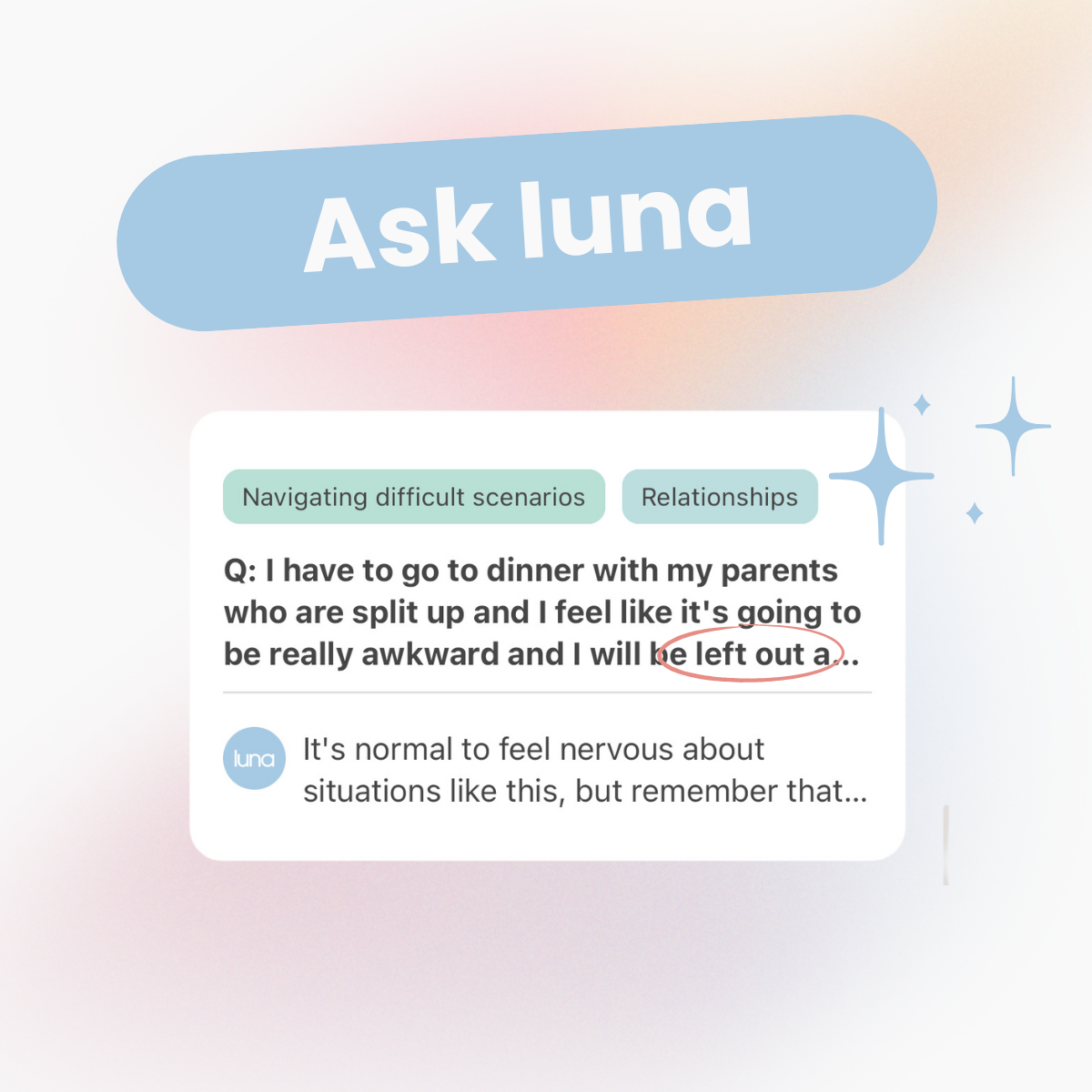
Rather than assuming you know what's troubling your teen, show genuine curiosity.
For instance, if your teenager seems withdrawn lately, don't jump to conclusions about bullying or relationship issues or something you think they may be going through.
Instead, approach them with care and ask open-ended questions like...
"I've noticed you're quieter than usual. Is there anything on your mind that you'd like to talk about?"
Be willing to help
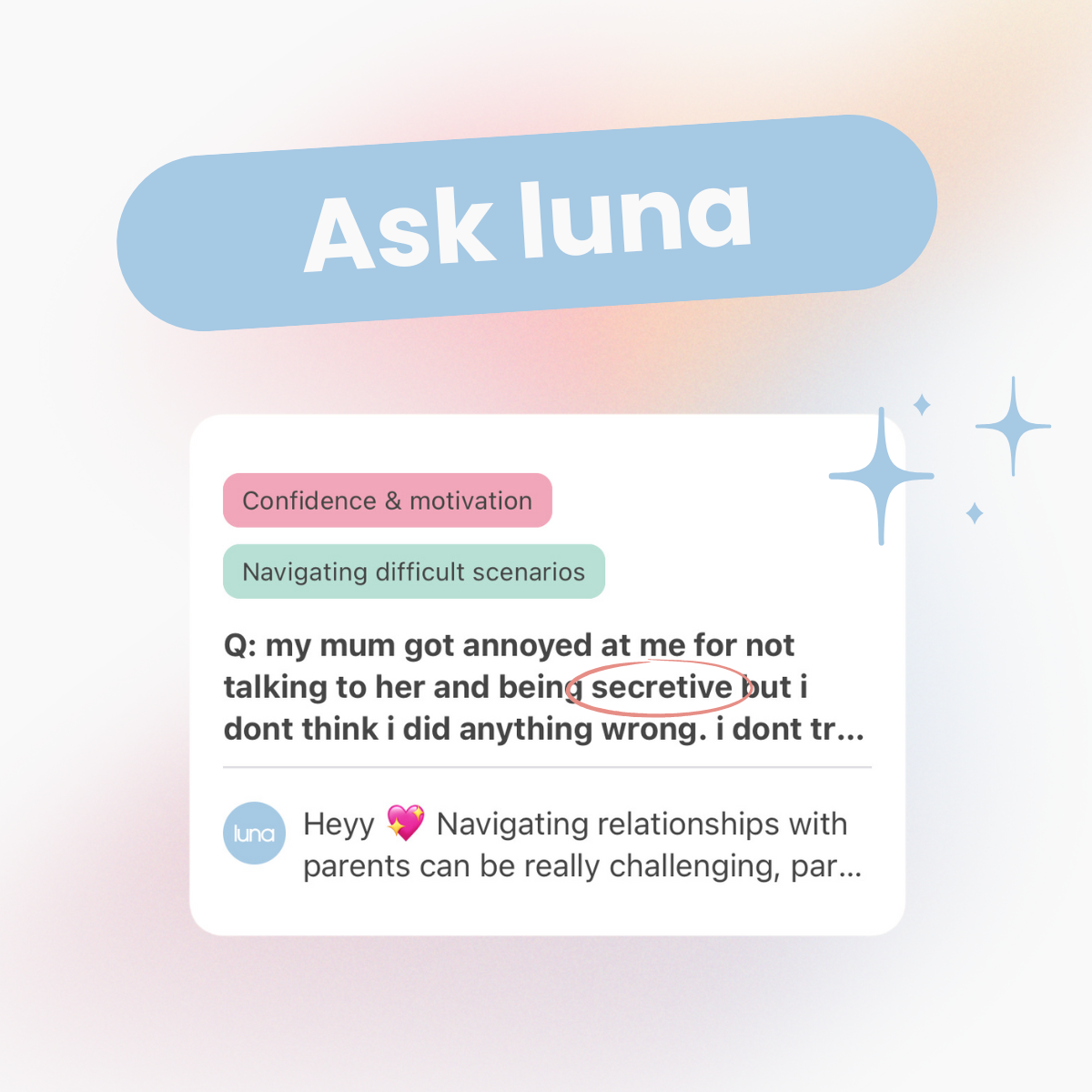
Let your teenager know you're there for them, no matter what.
If you suspect they're struggling with something, for example substance use, perhaps address it directly but gently.
For example, you might say, "I've noticed you've been coming home smelling like smoke lately. I'd like to help if you need support or advice – can we talk about it to start with at least?"
The likelihood is that they might want some help stopping a bad habit, but could feel scared or anxious about asking as they worry about the judgement or a telling off.
Lead by example
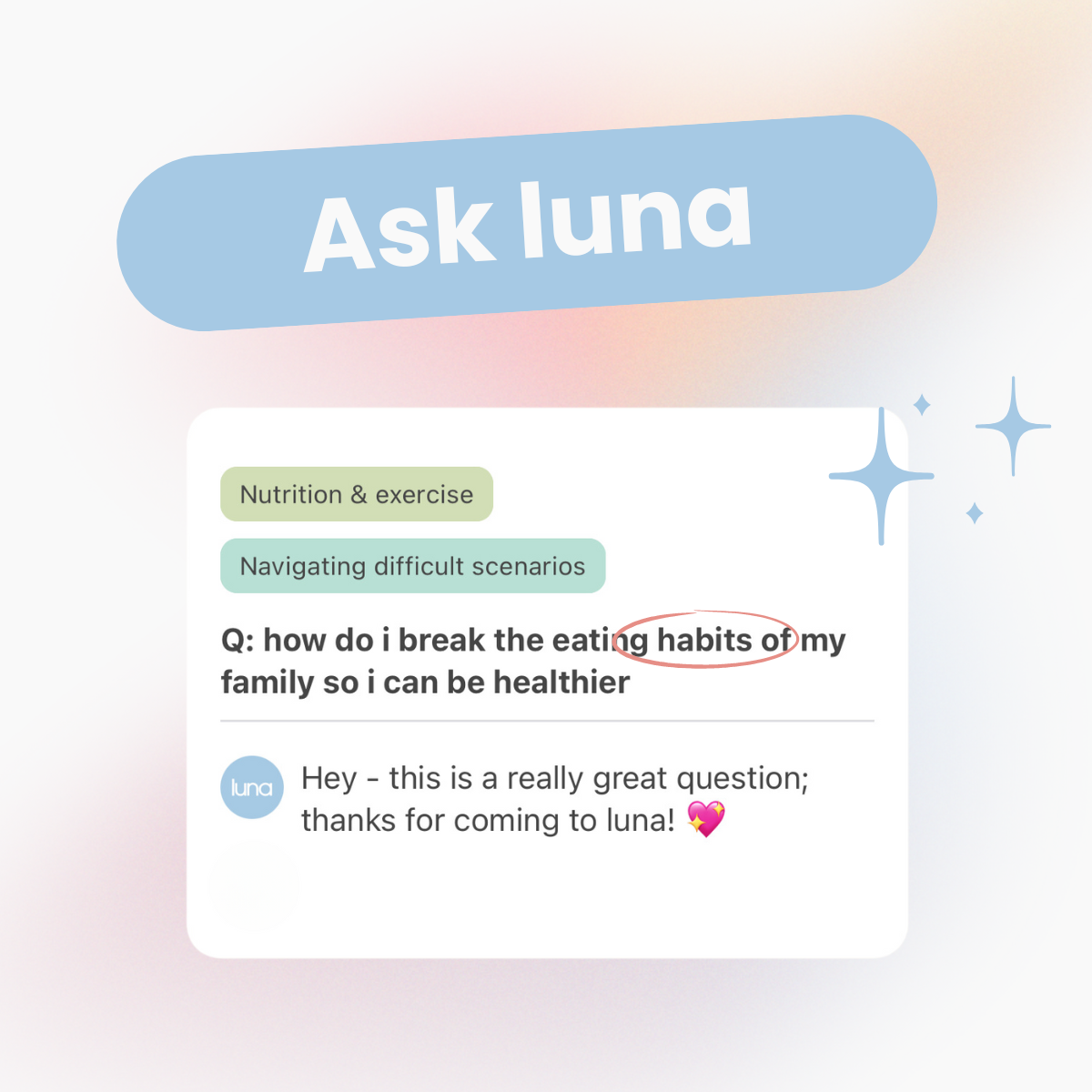
You've probably heard it before – actions speak louder than words.
If you want your teenager to make healthy choices, try to demonstrate those behaviours yourself if you aren't already.
For instance, if you're encouraging them to limit screen time, make sure you're also setting boundaries on your own device use e.g. phone-free mealtimes, or opt for board games sometimes over a TV show.
Empower critical thinking
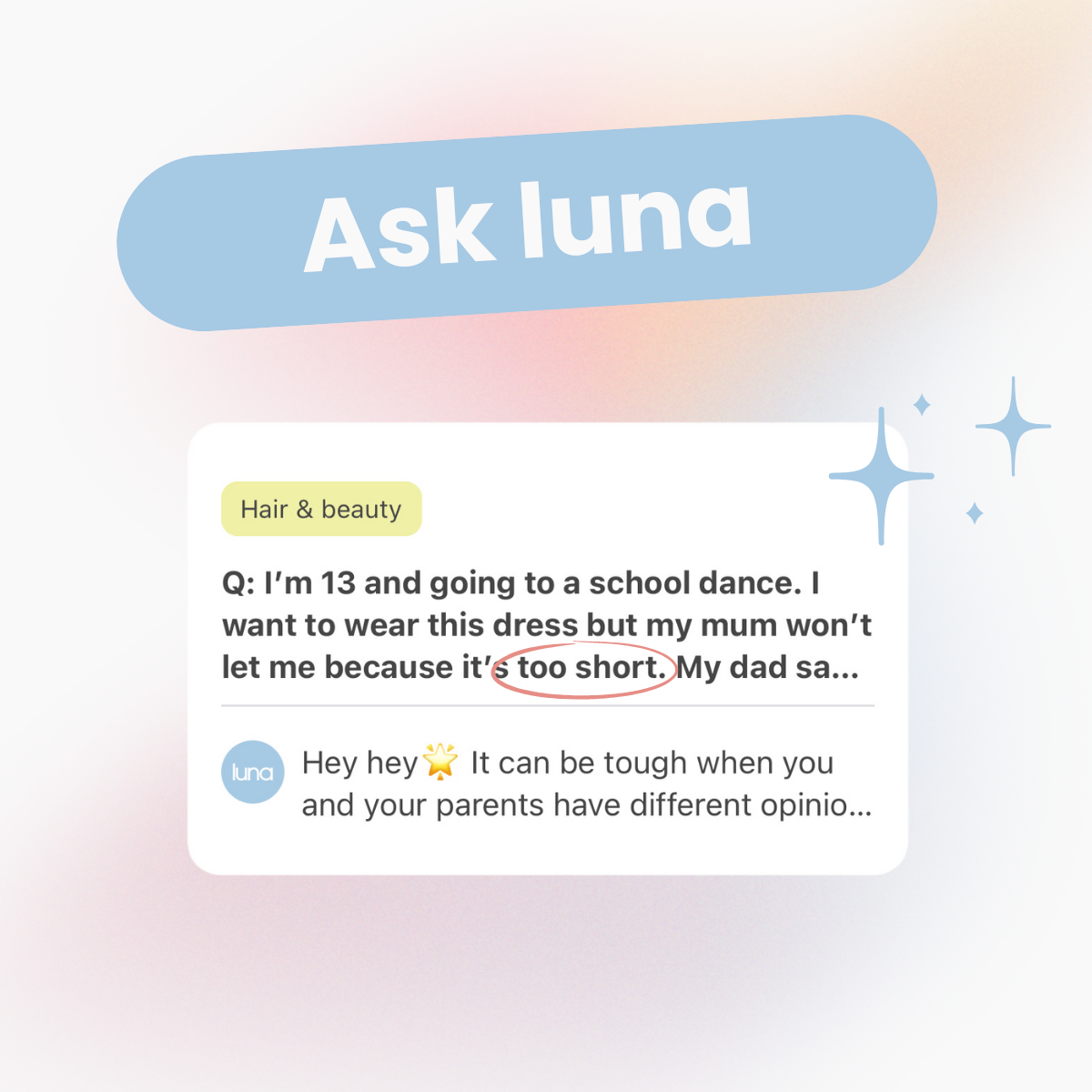
Help your teenager develop critical thinking skills by discussing the consequences of their actions when talking to them about their mental health.
For example, if they're considering trying alcohol with friends, explore potential outcomes together.
Perhaps you could say, "Let's talk about what might happen if you drink at the party. How would you handle it if things got out of control?"
It's important to remind them, if you can, that during teenage years their brain is still developing – the last bit to join up is the pathway between actions and consequences.
So what might seem right to them now, may not be properly thought through – simply because their brain isn't quite ready.
It's not their fault, it's just how it is.
Choose your battles wisely
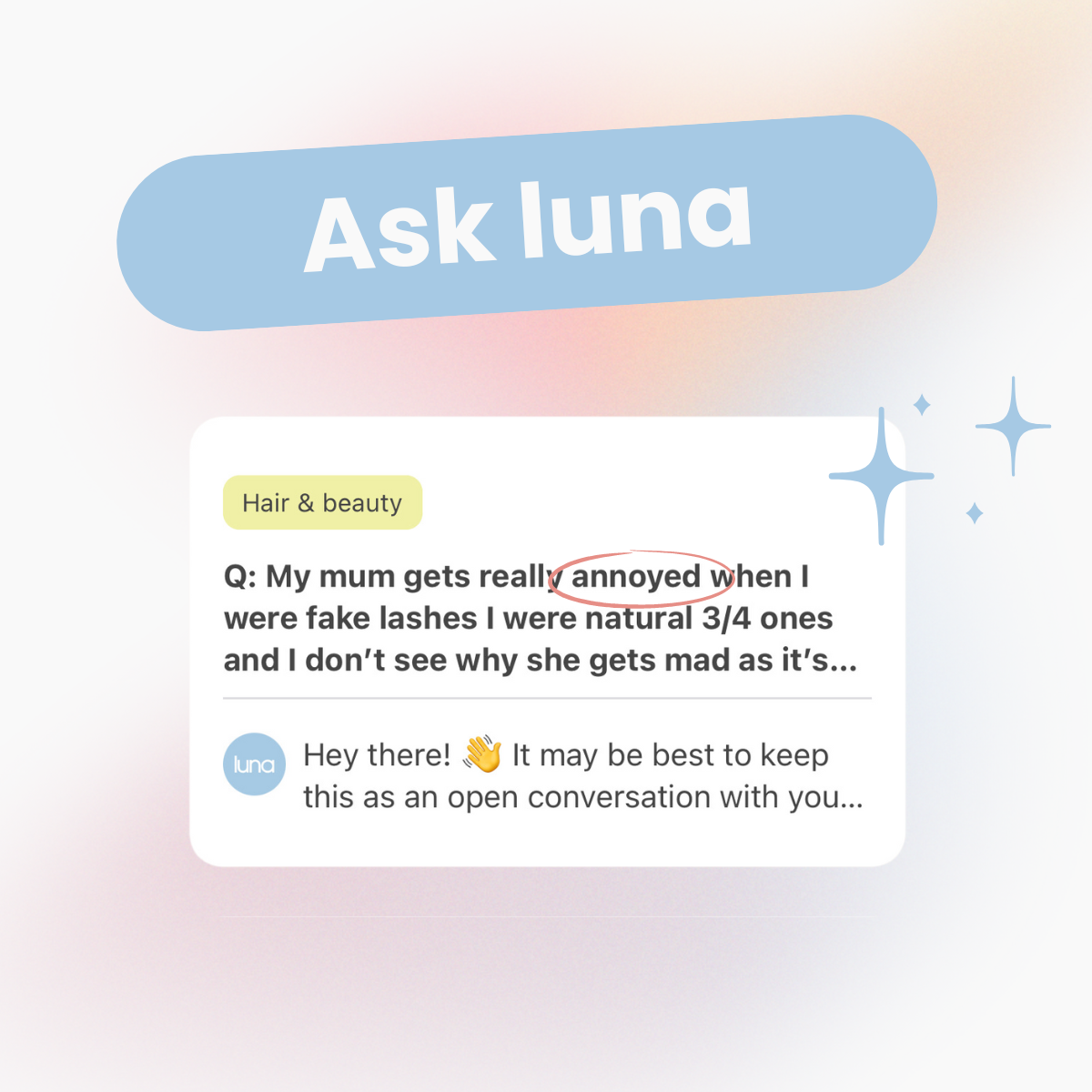
Not every issue needs immediate intervention.
As frustrating as it may be, if you pick up with your teen about smaller issues like untidy bedrooms or what they wear all the time, they may tune you out when it comes to more significant concerns you also need to pick up with them when it comes to talking with them about their mental health.
Try to save the opportunities you get for conversations with your teen for topics like mental health or risky behaviours if they are struggling with this.
When it comes to things like tidiness, try to demonstrate good behaviours to help them learn or reward their good behaviour with a “thank you”, a compliment, or a treat.
Respond to anger with compassion
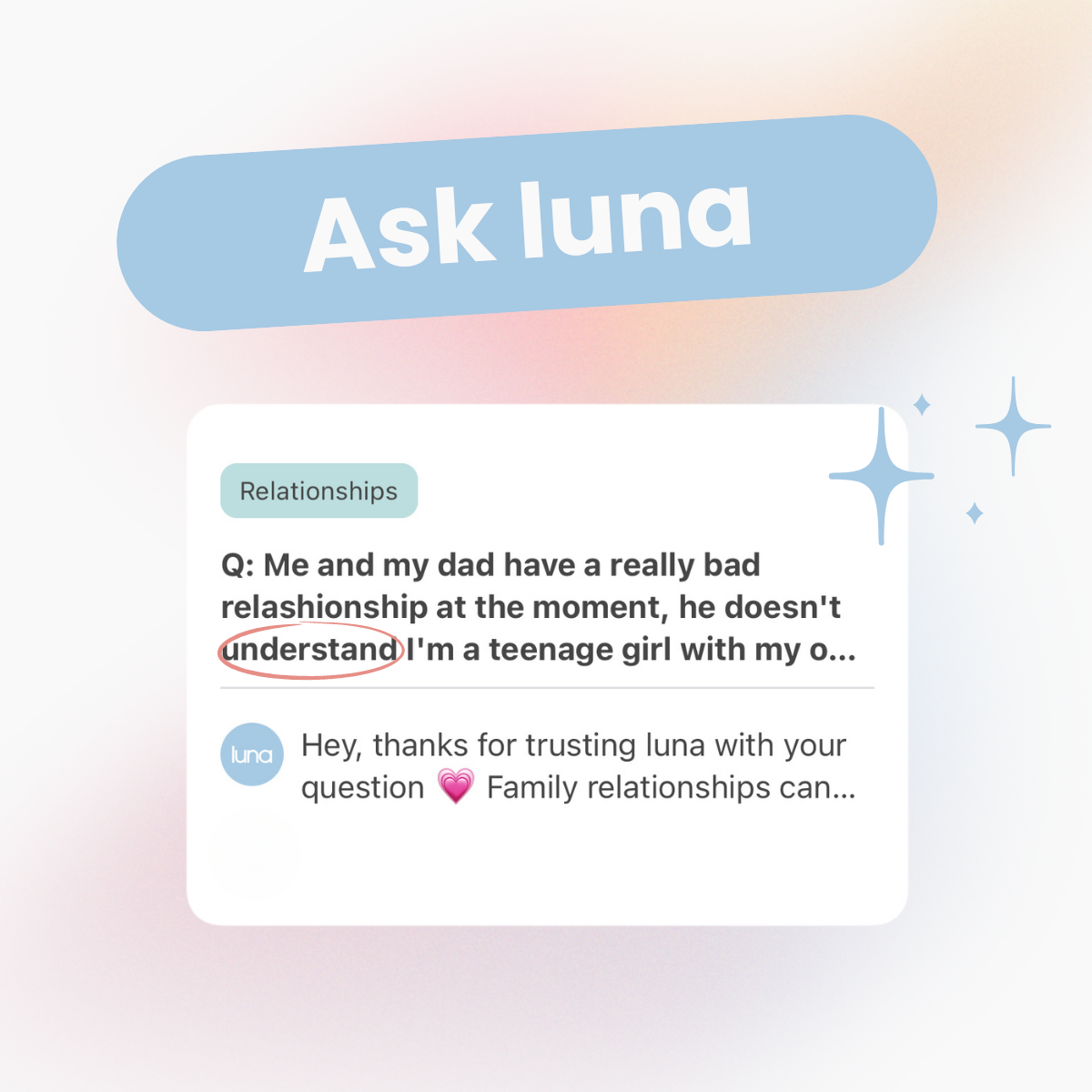
Teenagers often express their frustrations through anger – helping your teen with their mood swings can make it easier to navigate this challenging time.
When this happens, if you tend to react defensively, try to respond with empathy.
For example, if your teenager snaps at you after a bad day at school, you could try saying, "It sounds like you're having a tough time. Do you want to talk about what's bothering you?" This may help to diffuse things.
Ask open-ended questions
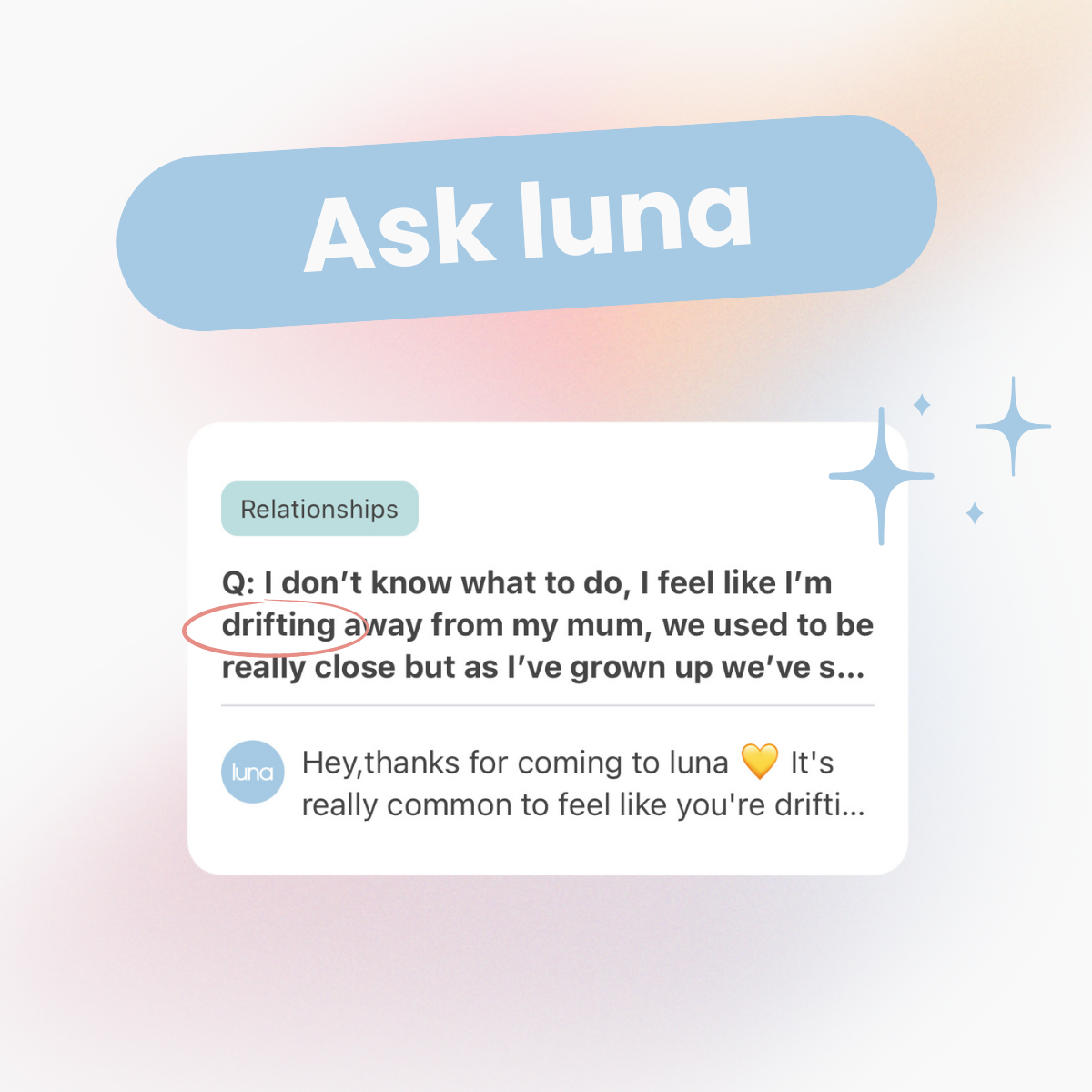
Encourage open communication about their mental health by asking open questions that invite your teenager to share their experiences.
For instance, instead of asking, "Did you have a good day at school?" try asking, "What was the best part of your day today?"
Create a safe environment
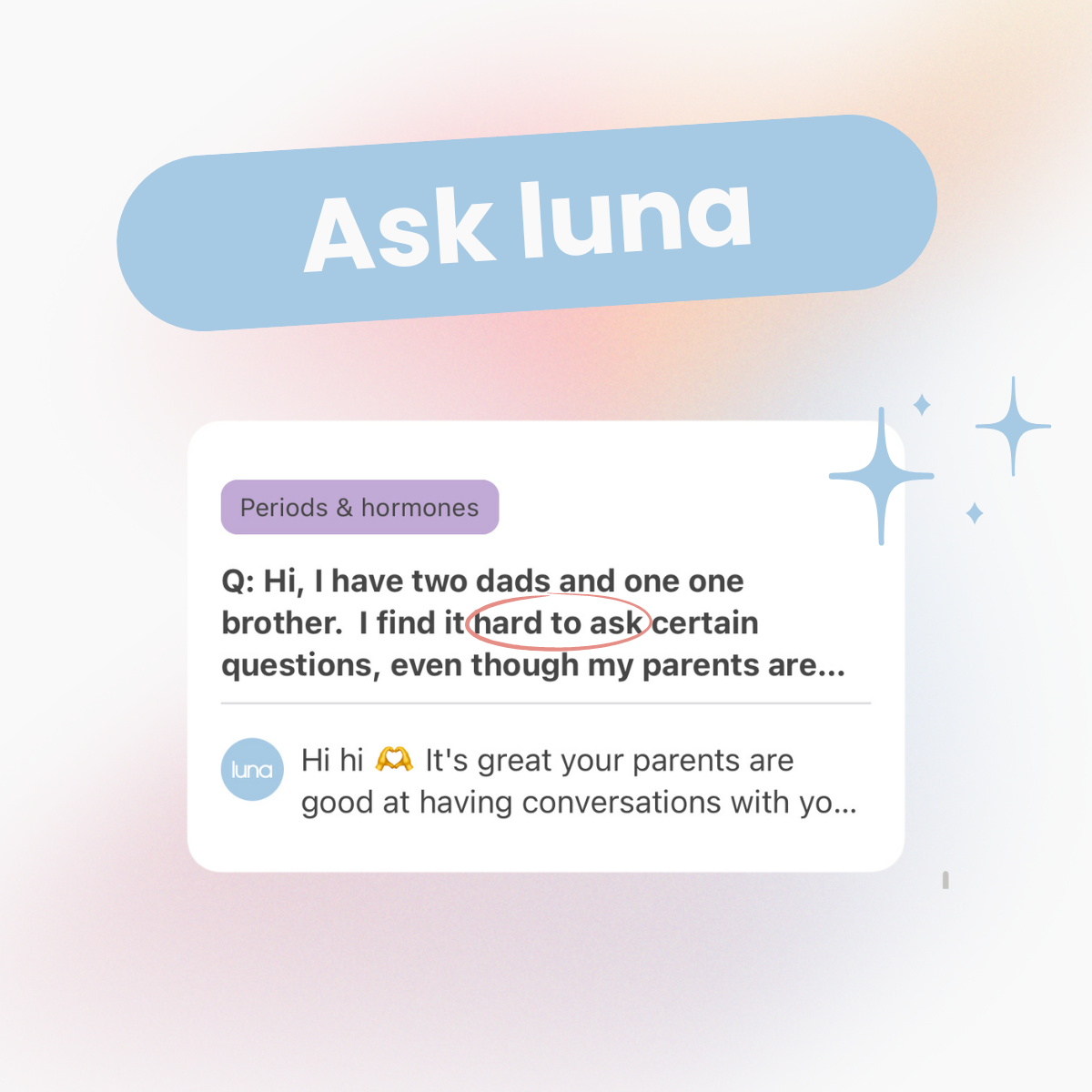
Build trust by creating a safe environment where your teenager feels comfortable sharing their thoughts and feelings.
For example, if home is a little chaotic for them, or there’s lots of people around, perhaps you could suggest going for a walk or a drive to talk about things.
You could even mention to them that you’re popping to the park or the shops and ask if they want to join you – often when we’re doing things and on the move it’s easier to open up because we aren’t having to sit and directly stare at each other.
Hopefully some of this advice can help you if you are struggling with getting your teen to talk about their mental health.
If you feel their mental health issues have reached a point where it’s impacting their day-to-day life, you can encourage your teen to visit a doctor or reach out to a helpline like…
- Mind: call 0300 123 3393 or text 86463 (9am to 6pm on weekdays)
- Childline: call 0800 1111 – the number will not show up on your phone bill
- Shout Crisis Text Line: text "SHOUT" to 85258
These free mental health resources for teens can also help them connect with the right services.
Remember, you can only do so much to be there for your teen and it isn't always easy, so be kind to yourself – adolescence really is full of ups and downs, and it can’t always be perfect.
But as your teen navigates these struggles, them knowing you are there for them no matter what is what's most important.
How we created this article:
luna's team of experts comprises GPs, Dermatologists, Safeguarding Leads and Junior Doctors as well as Medical Students with specialised interests in paediatric care, mental health and gynaecology. All articles are created by experts, and reviewed by a member of luna's senior review team.
Sources:
NHS "Talking to your teenager"
https://www.nhs.uk/mental-health/children-and-young-adults/advice-for-parents/talk-to-your-teenager/Mental Health Foundation "Children and young people statistics"
https://www.mentalhealth.org.uk/explore-mental-health/statistics/children-young-people-statisticsWe'd love to keep in touch!
Sign up to our parent newsletter for emails on the latest teen trends, insights into our luna community and to keep up to date
By signing up, you are agreeing that we can use your email address to market to you. You can unsubscribe from marketing emails at any time by using the link in our emails. For more information, please review our privacy statement.